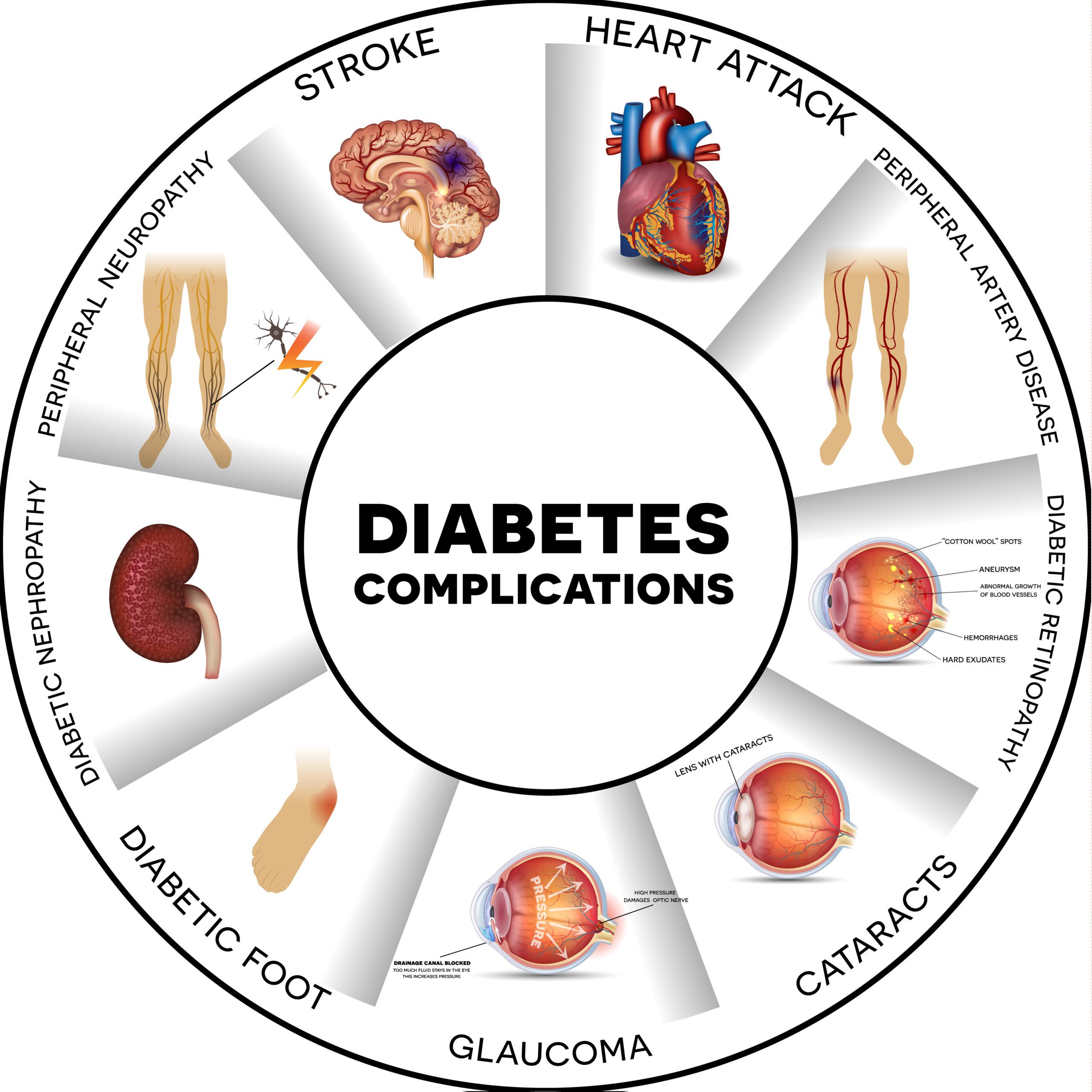
If you have two or more of these pre-diabetes symptoms you should seriously consider getting yourself checked out:
2) You seem to constantly have a dry mouth – even if you’ve just had a drink.
3) You find you are having to urinate frequently.
probably make your pre-diabetes symptom worse).
especially as you get older because your eyes can be the early warning signal for many diseases not just diabetes.
7) You have cuts or sores or bruises (especially on your feet) that are slow to heal.
sugar in your urine.

A new study suggests that a widely used sugar substitute found in diet sodas, chewing gum, and low-sugar yogurt may elevate insulin levels. This could increase the long-term risk of heart disease. “Artificial sweeteners have infiltrated nearly all types of food, making it crucial to understand their long-term health effects,” said Yihai Cao, senior author […]

Diet Coke has long been a fan-favorite among soda lovers who want a fizzy, guilt-free alternative to traditional soft drinks. While its zero-calorie, zero-sugar label makes it seem like a healthier option, the reality is far more concerning. Despite its undeniable popularity, Diet Coke’s nutritional profile has raised red flags among health experts for years. […]

New study shows that embracing an anti-inflammatory, plant-forward diet can support cognitive function and help reduce the risk of dementia. What You Eat Shapes Your Brain The food you eat doesn’t just impact your body—it also affects your brain. Research suggests that eating an anti-inflammatory, plant-based diet can help improve memory, focus, and overall brain […]